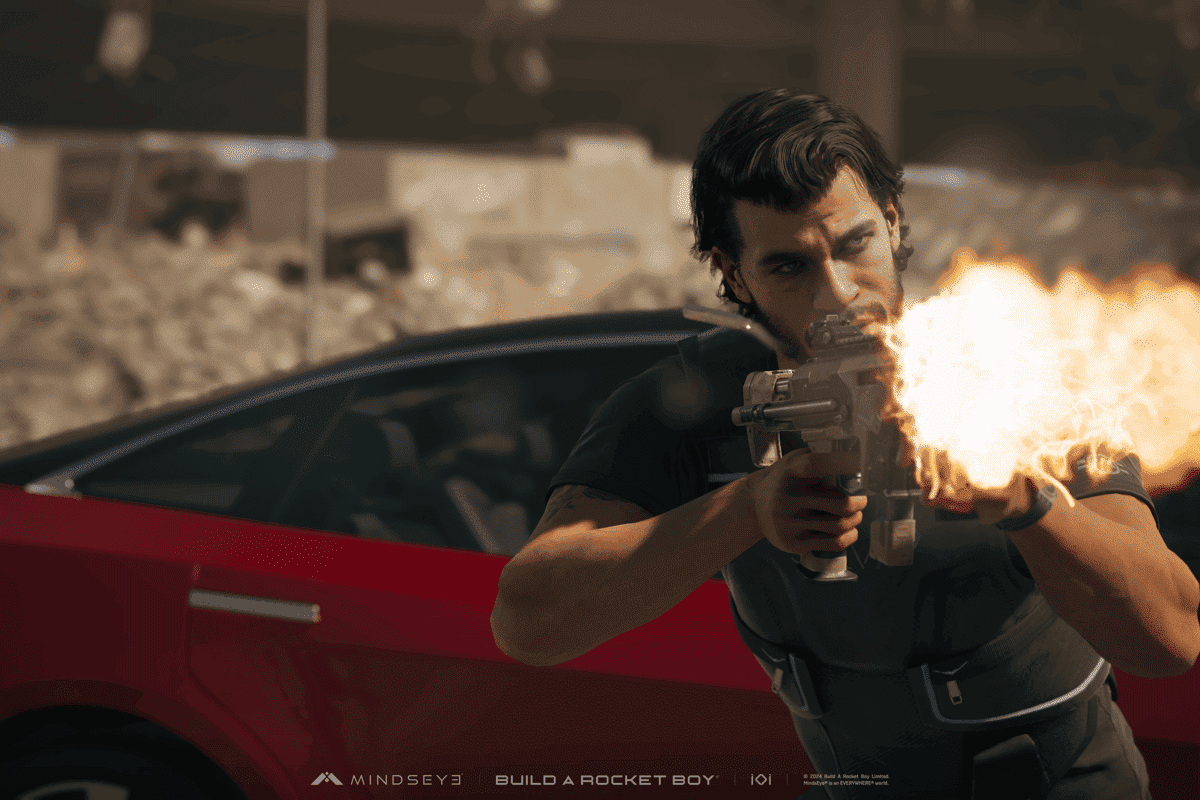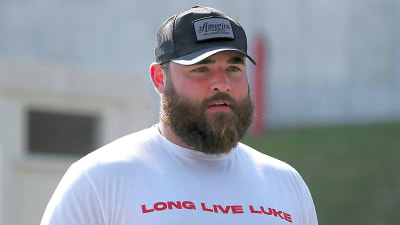MindsEye has regrettably secured its position as the worst-reviewed game of the year so far, setting an unfortunate benchmark upon its troubled launch. The studio Build a Rocket Boy, co-founded by former Grand Theft Auto producer Leslie Benzies, released this action-adventure title as their debut effort. Furthermore, the game was met with severe criticism stemming from pervasive technical issues. Mainly, the game’s poor performance and numerous bugs were attributed as reasons for its overwhelmingly negative reviews. Given this massive failure, there’s only one question to ask: What happened?
MindsEye Fails to Thrill GTA Fans

With Grand Theft Auto VI‘s release delayed until 2026, fans have anticipated MindsEye as a potential stopgap. However, that reality proved starkly different from expectation, given Benzies’ involvement and the game’s noticeable similarities with Cyberpunk 2077. Build a Rocket Boy co-CEO Mark Gerhard attempted to dismiss this widespread criticism as a coordinated paid effort. This approach was his way of fighting against the overwhelming evidence of technical failures, as documented by both players and reviewers at launch.
Following previews, skepticism among fans that accurately labeled MindsEye a broken mess filled with bugs grew rapidly. Moreover, these severe deficiencies were confirmed during the actual release. While this confirmation definitively refuted Gerhard’s conspiracy theory, it also revealed that its poor reception was perceived as a consequence of its own unresolved technical shortcomings, rather than any external campaign. Additionally, a steady stream of professional evaluations finally emerged online were overwhelmingly negative.
Catastrophic Launch Forces Sony’s Hand
As a result of MindsEye‘s launch proving so catastrophically bug-ridden, the PlayStation Store has started offering refunds to dissatisfied players. Handing back refunds may seem routine, as Sony maintains notoriously strict policies against them once a game has been downloaded to a console, making such action highly significant. Furthermore, Cyberpunk 2077 was the only previous title to trigger this exceptional refund policy, as the game also suffered a similarly disastrous launch in 2020.
As a result, players were not only given refunds due to severe technical failures on PlayStation hardware, but the game was also temporarily removed from the PlayStation Store. Whether MindsEye’s situation is prevented from escalating to the level of Cyberpunk 2077‘s complete store removal will be answered over time. Nevertheless, Build a Rocket Boy has delivered a rapid deployment of patches and transparent communication to address this launch issue.
The MindsEye Disaster Unpacked
Even though both titles trigger Sony’s exceptional refund protocol, fans aren’t promised any answers. Although Build a Rocket Boy’s debut title has been available for less than a week, the studio promptly outlined detailed plans for future patches. What’s more, CD Projekt Red’s initial response timeline demonstrates their distinct, swift damage control effort. Notably, the first post-launch update for MindsEye has already been implemented, bringing various feature changes, including:
- Introducing CPU and GPU performance improvements
- Memory optimizations
- Fixes for memory leaks causing crashes
- Several critical bug fixes
While MindsEye presents deceptively exciting snippets in brief clips and GIFs, the game doesn’t offer a compelling GTA-like action-adventure experience. Moreover, playing through its entire story reveals an unfinished and overly ambitious project fundamentally crippled by various issues, including pervasive performance problems, severely underutilized open world design, unconvincing combat mechanics, and monotonous mission structure.
Underwhelming Missions, Thin Hero, Abrupt Ending
On a surface level, MindsEye‘s comparisons to Grand Theft Auto are understandable. Specifically, its core experience functionally aligns more closely with the linear, narrative-driven structure of the Mafia series. Interestingly, this open-world mechanic doesn’t provide a dynamic, interactive space; rather, it primarily serves as a passive backdrop for traveling between missions. While this linear framework worked brilliantly for titles like Mafia, its poor execution doomed the GTA-inspired game.
As a former soldier and drone operator framed and discharged after a failed mission, Protagonist Jacob Diaz emerges as a thinly drawn amnesiac hero lacking memorable traits beyond basic obedience and retains rare neck technology. During MindsEye‘s story, Diaz quickly becomes entangled in a rogue AI and robot uprising after being hired for security work at Silva Corp within the Las Vegas-inspired Redrock city. Although the story starts slowly, generating mild intrigue several hours in, it ends with jarring abruptness, akin to someone suddenly pulling a power plug. Due to MindsEye‘s numerous issues, players were left feeling unsatisfied, underscoring the game’s overall lack of polish and cohesive vision.
More must-reads:
- Cubs receive encouraging injury update on lefty ace
- Concerning update on Tyrese Haliburton's injury surfaces
- The '5+ goals in one Stanley Cup Final in the Modern Era' quiz
Customize Your Newsletter
 +
+
Get the latest news and rumors, customized to your favorite sports and teams. Emailed daily. Always free!







